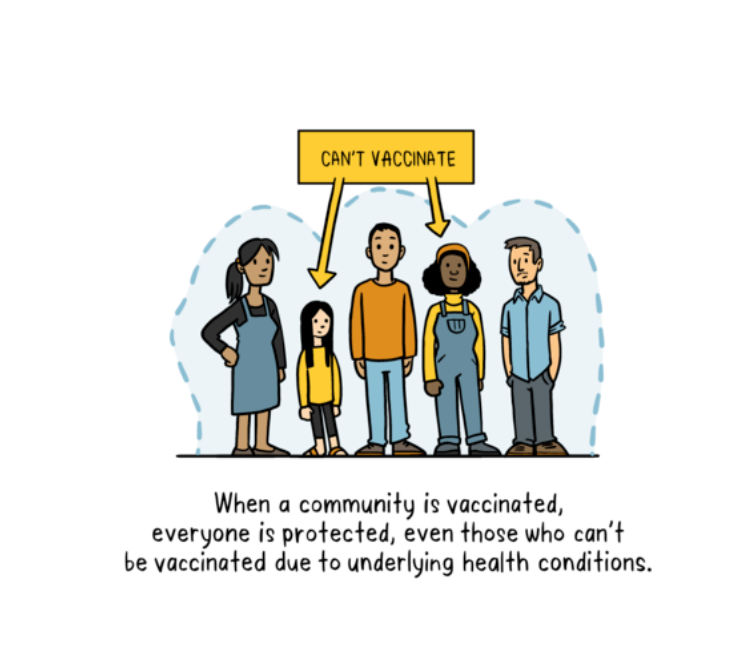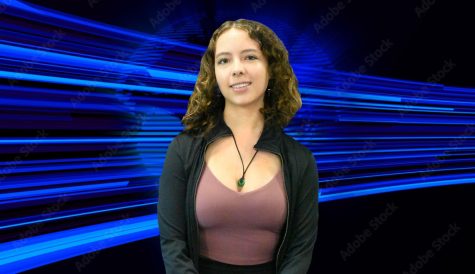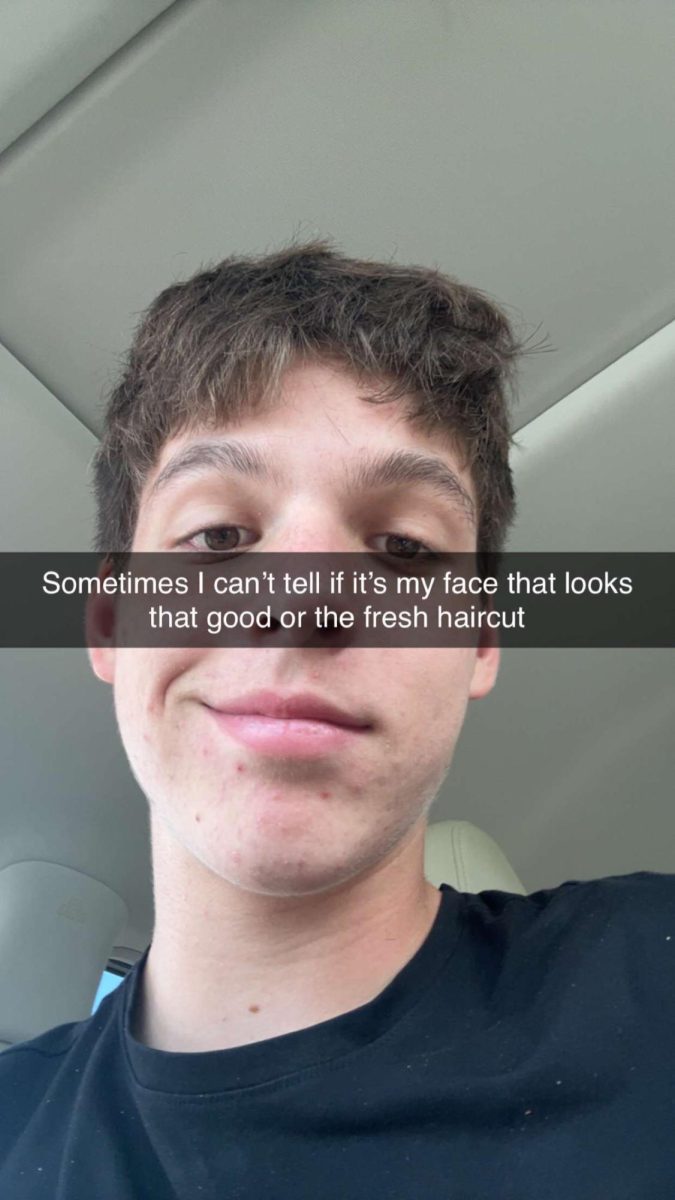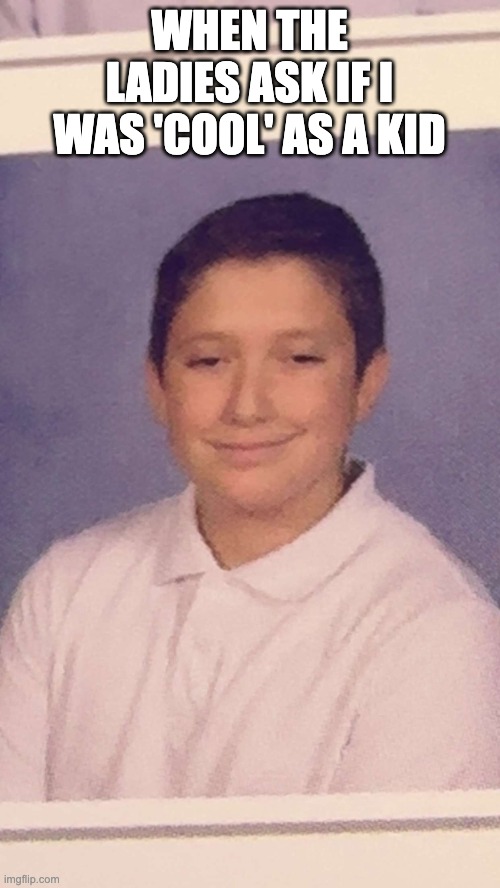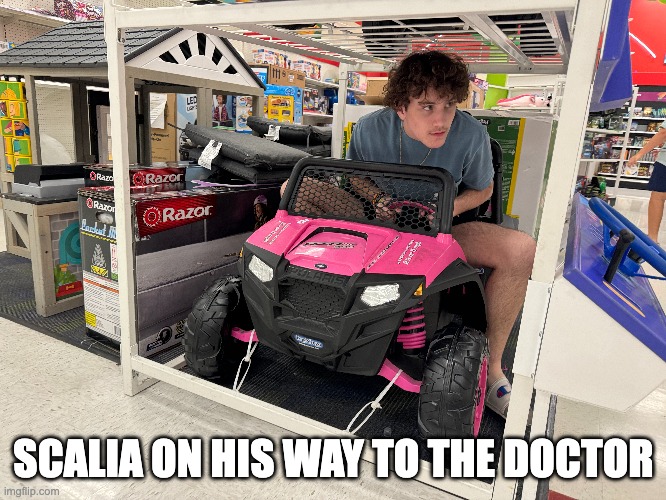Back the Vac
The importance of herd immunity grows as the rate of vaccinations decline
May 14, 2021
As the United States starts to recover from the global pandemic, the country has begun to lessen restrictions. Businesses and companies are allowing people to return to work, and some schools are allowing in-person instruction. Lockdowns are starting to ease and the country has begun its road to recovery.
As the United States gains control over the pandemic, the amount of people receiving vaccinations has started to decline. With fewer individuals willing to take the vaccine, the country has grown further away from the possibility of herd immunity.
At this point, herd immunity isn’t a solidified percentage of the population. Dr. Anthony Fauci said, “We need to have some humility here,” when describing the projected numbers for herd immunity. Dr. Fauci later remarked that “newer surveys said 60 percent or more would take it.” The move toward herd immunity requires the majority of the population to receive the vaccination and abide by the social contract.
Every person in the United States has a “social contract.” The social contract outlines the obligations of the people in which they follow to protect the society in which they live. Their duty is to protect both the majority and the minority within the social contract. Every citizen is directly responsible for their contribution in protecting vulnerable people within both our local and national groups.
Throughout the world, there are people of all varieties that have weak immune systems and/or coinciding health problems. Some of those people aren’t able to receive certain shots and vaccines- even something as simple as the flu vaccine could be harmful to someone with a weak immune system.
Due to the fact that I have chronic Lyme disease, I fall into the immunocompromised category. With this diagnosis I cannot receive certain vaccines, including the flu shot. Because of my weak immune system, I cannot receive the COVID vaccine. This is worrisome because if the people around me aren’t protected from COVID, they can easily give it to me. Since I am unable to get the vaccine, I am relying on the people around me to help protect me.
When people who are not immunocompromised receive a vaccine, they might feel symptomatic for a day or so and then feel better the next day. For an immunocompromised individual like myself, I feel symptoms for a week and in some instances, I’m forced to miss school depending on the severity. Reaching herd immunity would help protect people like me who cannot get the vaccine to protect themselves.
With compromised immune systems people are at a higher risk of infection from colds and viruses. With 583,000 Coronavirus deaths in the United States alone, it’s hard to imagine what it could do to an immunocompromised person.
An increase in vaccination rates and herd immunity is crucial for the protection of our entire population, this plays into the fulfillment of the social contract.
For young people, the slow return to normalcy may be about the little things- dancing with your friends at the prom, hugging your grandma, or going to sports events without feeling the tension of social distance. But the effects of a vaccinated world would not be exclusively small.
The economy will flourish more than ever before, as reborn industries facilitate commerce and the flow of money. The government funded vaccine will eventually pay off and set the country on a newfound road to success, made possible by those becoming vaccinated.


